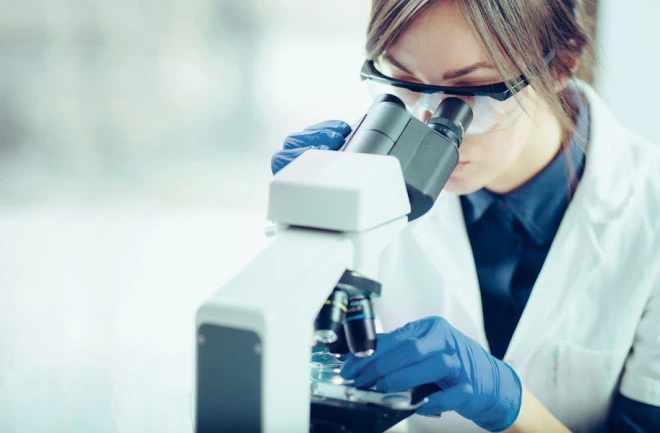In today’s fast-paced world, scientific advancements are shaping our lives in profound ways.
From groundbreaking discoveries in medicine to cutting-edge technologies revolutionizing industries, scientists are the unsung heroes driving progress and innovation.
In this article, we’ll delve into the fascinating world of modern science and explore how today’s scientists are making a lasting impact on the world.

1. Unraveling the Mysteries of the Universe
From the vast expanse of outer space to the intricate world of subatomic particles, scientists are continually pushing the boundaries of our understanding of the universe.
Through powerful telescopes and particle accelerators, they are unraveling age-old mysteries and uncovering new insights into the cosmos.
2. Harnessing the Power of Genetics
Advancements in genetics have opened up new frontiers in medicine, agriculture, and beyond.
Scientists are using cutting-edge techniques like CRISPR-Cas9 to edit genes with unprecedented precision, offering hope for curing genetic diseases and improving crop yields to feed a growing population.
3. Revolutionizing Healthcare with Biotechnology
Biotechnology is transforming healthcare as we know it.
From personalized medicine tailored to individual genetic profiles to the development of novel therapies for previously untreatable conditions, scientists are at the forefront of a medical revolution that promises to extend and enhance human life.

4. Tackling Climate Change Through Innovation
With the threat of climate change looming large, scientists are racing to develop sustainable solutions to mitigate its impact.
From renewable energy technologies to carbon capture and storage methods, their innovative efforts hold the key to securing a sustainable future for generations to come.
5. Exploring the Frontiers of Artificial Intelligence
Artificial intelligence (AI) is reshaping industries and revolutionizing the way we live and work.
Scientists are leveraging the power of AI to tackle complex problems in areas such as healthcare, finance, and transportation, paving the way for a future where machines work alongside humans to drive progress.
6. Protecting Biodiversity and Ecosystems
In the face of unprecedented biodiversity loss and ecosystem degradation, scientists are working tirelessly to protect and restore the natural world.
Through conservation efforts, habitat restoration projects, and innovative technologies, they are striving to safeguard Earth’s rich biodiversity for future generations.
Conclusion
The contributions of today’s scientists are nothing short of extraordinary.
From unlocking the secrets of the universe to developing life-saving medical treatments and pioneering sustainable technologies, they are shaping the world in ways previously unimaginable.
As we look to the future, it’s clear that the work of these science superstars will continue to inspire awe and drive progress for years to come.

FAQs
Q1: How do scientists ensure the accuracy of their research findings?
A1: Scientists employ rigorous methodologies and peer review processes to ensure the accuracy and reliability of their research findings.
This includes conducting experiments, analyzing data, and subjecting their work to scrutiny by fellow experts in the field.
Q2: What role does government funding play in supporting scientific research?
A2: Government funding plays a crucial role in supporting scientific research by providing resources and funding for research projects, infrastructure, and education.
This funding enables scientists to pursue ambitious research goals and address pressing societal challenges.
Q3: How do scientists communicate their findings to the public?
A3: Scientists communicate their findings to the public through various channels, including scientific journals, conferences, and media outreach.
They also engage with the public through educational programs, outreach events, and social media platforms to ensure that their work is accessible and understandable to all.
Q4: What are some ethical considerations in scientific research?
A4: Ethical considerations in scientific research include issues such as informed consent, animal welfare, data integrity, and potential conflicts of interest.
Scientists adhere to strict ethical guidelines and regulations to ensure that their research is conducted responsibly and with respect for ethical principles.
Q5: How can individuals support scientific progress in their communities?
A5: Individuals can support scientific progress in their communities by staying informed about current scientific issues, supporting science education initiatives, advocating for evidence-based policymaking, and participating in citizen science projects.
By actively engaging with science, individuals can contribute to a culture of curiosity, discovery, and innovation.
